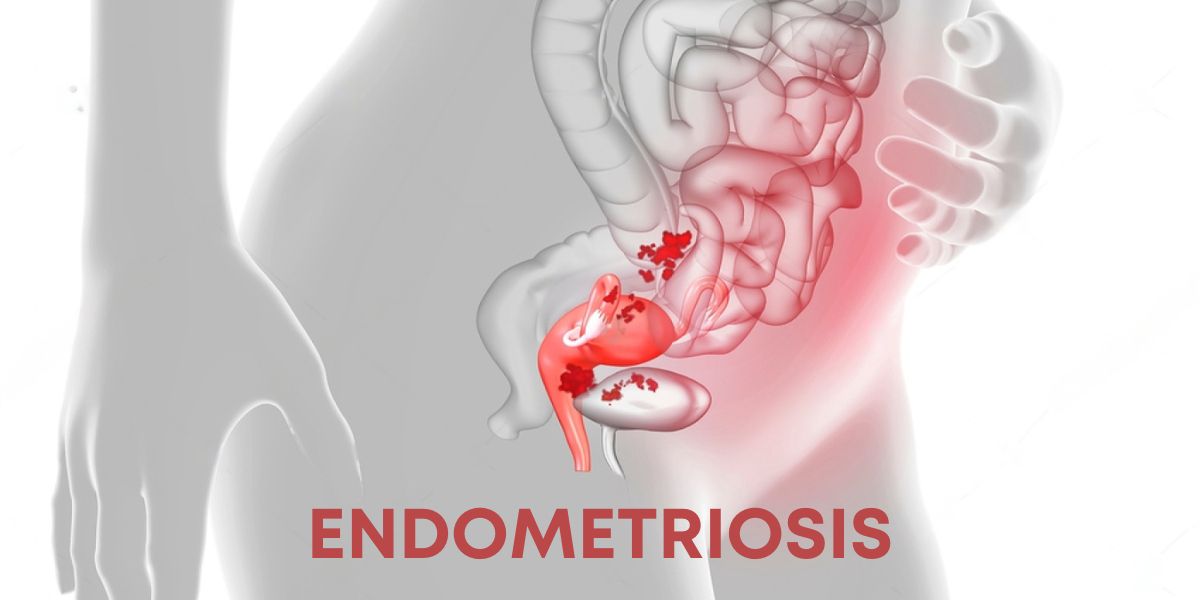The Role of Folic Acid in Pregnancy:
Why is it Essential for You and Your Baby
When you are expecting, there is
a lot to think about when it comes to your health and your baby’s
development. One of the most important nutrients you need to consider during
pregnancy is folic
acid, a type of B vitamin that plays a crucial role in your
pregnancy’s success. It is not just a simple supplement – it is a key element
in the healthy development of your baby, especially in the early stages.
What is Folic Acid?
Folic acid is the synthetic form of folate, a water-soluble B vitamin (B9) naturally found in certain foods. Folate is especially crucial during times of high cell division and growth, such as pregnancy, as it aids in the production and maintenance of new cells in your body.
Although foods like leafy greens, citrus fruits, legumes, and fortified cereals contain folate, folic acid supplements are frequently advised to make sure you are getting adequate amount of this vital nutrient. Folic acid is the preferred type of prenatal vitamins since it is easier to absorb than folate from meals.
Why Folic Acid Is Crucial During Pregnancy
Folic acid is essential for several reasons during pregnancy,
especially in the early weeks when your baby’s development is occurring at a
rapid pace:
1. Prevents Neural Tube Defects (NTDs)
One of the most important reasons to take folic acid before and
during pregnancy is to help prevent
neural tube defects (NTDs). The neural tube is the structure that
eventually becomes the baby’s brain and spinal cord. Folic acid is essential in
the early stages of pregnancy when the neural tube is forming. Inadequate folic
acid intake increases the risk of conditions like spina bifida and anencephaly,
which are serious birth defects affecting the spinal cord and brain,
respectively.
Studies have shown that adequate folic acid intake before and
during early pregnancy can reduce the risk of these defects by up to 70%.
2. Supports DNA Synthesis and Cell Growth
Pregnancy demands an increased production of cells, especially in
the early weeks when your baby’s organs and tissues are developing. Folic acid
helps in the synthesis of DNA
and RNA, which are critical for cell division and growth. Without enough folic
acid, there could be disruptions in normal cell development, which might affect
the fetus’s growth.
3. Prevents Anemia
Folic acid also helps prevent Megaloblastic anemia, a condition in which the body doesn’t have
enough healthy red blood cells. Pregnant women are at higher risk of anemia,
and folic acid can help produce the necessary red blood cells to supply oxygen
to both you and your baby.
4. Reduces Risk of Preterm Birth and Low Birth
Weight
There is evidence to suggest that folic acid may help reduce the
risk of preterm birth and low birth weight. These are both
conditions that can have serious consequences for the health of both the baby
and mother. Studies indicate that sufficient folic acid levels before
conception and during early pregnancy can help lower these risks.
5. Supports Placenta Development
The placenta is a vital organ that nourishes the growing baby, providing oxygen and nutrients and removing waste. Folic acid contributes to the proper development and function of the placenta, ensuring that the baby gets everything it needs to grow and develop.
How Much Folic Acid Do You Need?
The recommended daily intake of folic acid for pregnant women is 400–800 micrograms (mcg). Here’s how
the requirements break down:
- Before pregnancy: It is
recommended that women who are planning to conceive take 400 mcg of folic
acid daily for at least one month before trying to get pregnant.
- During pregnancy: Once
pregnant, most women are advised to take 600–800 mcg of folic acid per
day. This higher dose is to support the increased demand during the first
trimester and beyond.
- Women with higher risk:
If you have a history of neural tube defects, are carrying twins, or have
certain medical conditions (such as diabetes), your doctor may recommend a
higher dose, up to 4,000 mcg (4 mg) per day.
It’s best to take folic acid in the form of a prenatal vitamin, which contains the
recommended amount of folic acid along with other important nutrients like
iron, calcium, and DHA (omega-3 fatty acids).
When Should You Start Taking Folic Acid?
The sooner, the better. Because the neural tube is still
developing in the first trimester of pregnancy, folic acid works best when
taken before conception. Folic acid should be started as soon as you plan to
conceive because many women don't realize they are pregnant until after the first few weeks.
Starting folic acid supplementation now can help guarantee that your body is
ready for a healthy pregnancy, even if you are not currently pregnant but are
making plans for the future.
Natural Sources of Folic Acid
While it is essential to take a supplement, you can also get
folate from a variety of foods. Here are some great sources of folate to add to
your diet:
- Leafy green vegetables
(spinach, kale, romaine lettuce)
- Fortified cereals and bread
- Beans and lentils
- Citrus fruits (oranges,
grapefruit, lemons)
- Avocados
- Asparagus
- Eggs
- Nuts and seeds
Including these folate rich foods in your diet will give you a
boost, but keep in mind that supplements are often necessary to meet the
recommended daily intake.
Potential Risks of Too Much Folic Acid
While folic acid is crucial for pregnancy, it is also important not to exceed the recommended
dosage. Taking too much folic acid (especially over 1,000 mcg) can mask the
symptoms of vitamin B12 deficiency,
leading to nerve damage if left untreated. Always talk to your healthcare
provider about the correct dose for you.
Through the blog we can clearly state that Folic acid is one of
the most important nutrients during pregnancy, and it plays a vital role in the
healthy development of your baby, particularly in preventing neural tube
defects. By starting folic acid supplements before conception and continuing
throughout the first trimester (and even longer, if recommended by your
doctor), you can greatly improve your chances of a healthy pregnancy and baby.










